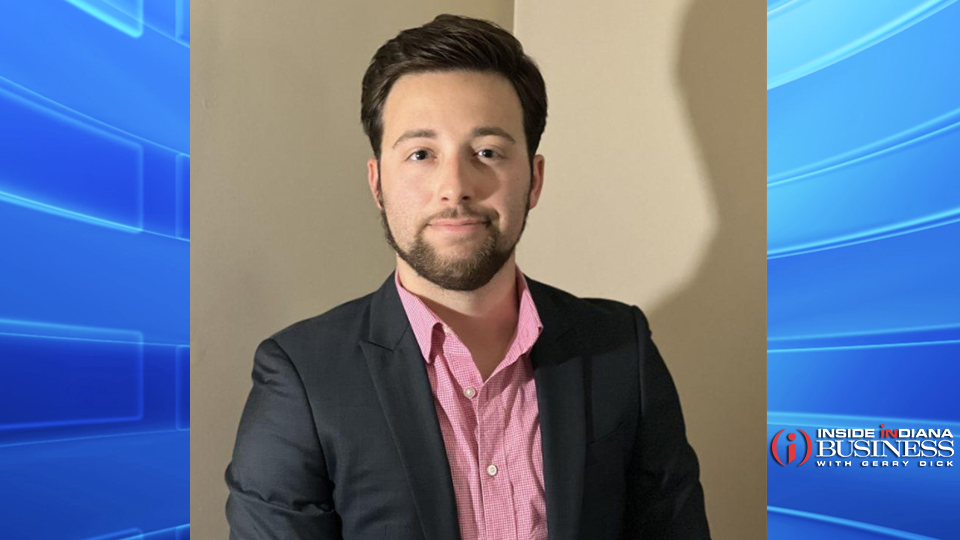Hoosier Startup Using Data to Predict Water Pipe Breaks
Subscriber Benefit
As a subscriber you can listen to articles at work, in the car, or while you work out. Subscribe Now
An Evansville-based startup is looking to help water utilities prevent pipe breaks. Utiliz has developed a subscription-based app that can predict which pipes are most likely to fail next by aggregating data from a variety of sources, including the water utility itself. The startup last week took the $10,000 top prize at the Spring 2022 Crossroads Pitch Competition at The Mill in Bloomington.
Co-founder and Chief Executive Officer Jackson Bolek tells Inside INdiana Business the idea came from a college internship.
“I helped the Evansville utility frame the question of when their pipes were going to break next,” said Bolek. “At the end of that, we had a really great proof of concept that they could use to start seeing, ‘Okay, where do I need to start to focus my efforts more now that I know where and when my pipes are going to break next.”
Utiliz say the age of a pipe is a poor predictor for breakage, but many utilities don’t have access to better data. Bolek says the company’s models are built off of sets of data, some of which are proprietary combined with data from the customers, from which utilities and learn what is going on with its pipes.
The company says the app is 75% accurate right out of the box. When combined with data from the utilities, the accuracy rises to 87%.
“When we go to a specific customer, we ask for all of the break data that they may have, and we can learn from all of the times a pipe is broken to then predict when it’s going to break next based off of a lot of various factors,” he said.
Utiliz is currently comprised of Bolek and Jon Kline, a software engineer who serves as co-founder and chief technical officer. Bolek says winning the Crossroads competition will put a lot of wind in their sales.
“For us, the $10,000 will aid in the design process so that we can find a designer to really focus on trying the build experience for each of our customers so that it frees up our time to continue to create new and better models for the web application,” said Bolek.
Utiliz is currently partnering with the Evansville Water and Sewer Utility on a case study that will showcase how its model helps the utility be more productive in picking which pipes need to be replaced and save money.
The company plans on releasing its minimum viable product at the end of May, as well as new website and branding. By the end of the summer, the case study with Evansville will be presented to prove the efficacy of the technology.
But Bolek says he has broader long-term goals for Utiliz.
“We would also like to expand to predicting when natural gas lines are going to break as well, seeing how they kind of take on the properties of pipes underground, very, very long distances and things of that nature,” he said.
Bolek estimates the water asset management market in the United States at $2.1 billion.
